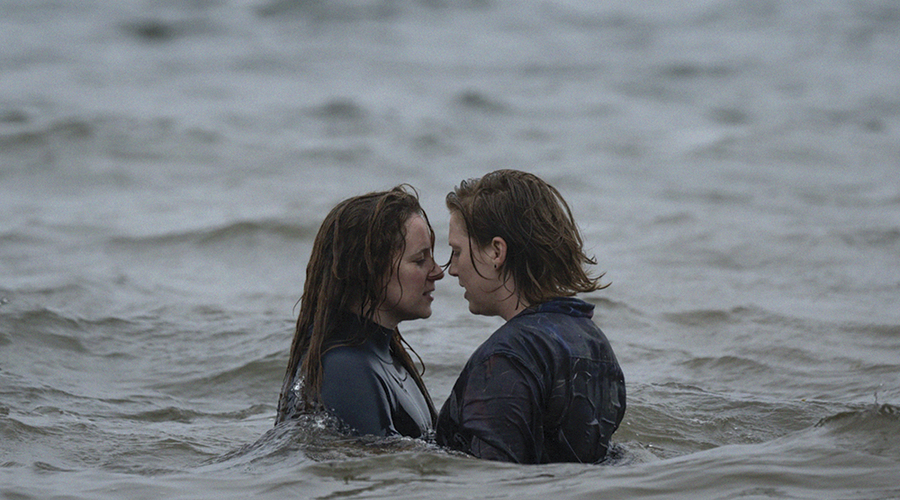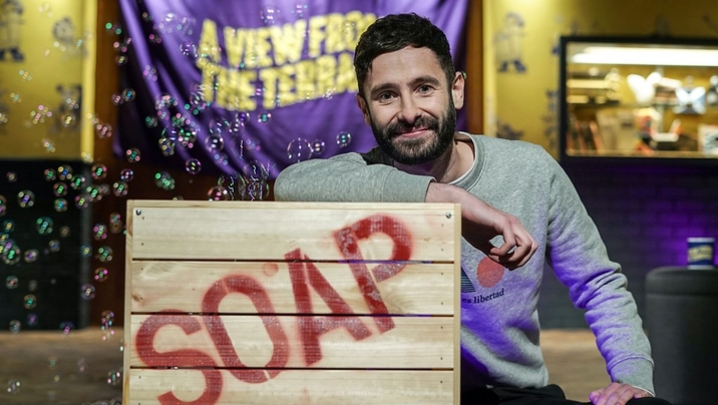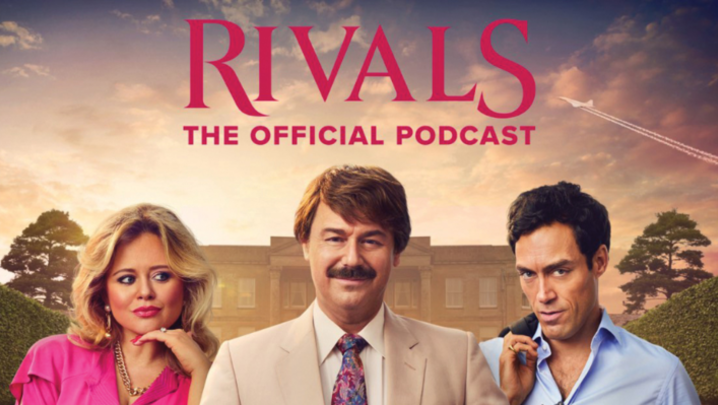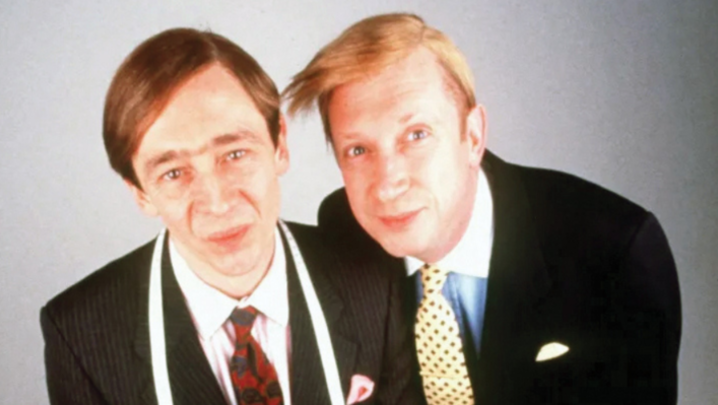Carole Solazzo hears how the lesbian love story Float, now in its second series, was brought to the screen
"I’d like viewers to get either a window into a world they don’t know much about or a mirror where they see themselves reflected …. I want people to be moved, feel connected and maybe feel a little less alone.”
This was one of Stef Smith’s aims for her BBC Scotland/Screen Scotland short-form digital drama Float. The first series won Smith an RTS Writer award. Series 2, which launches on iPlayer at the end of this month, was premiered at an RTS Scotland/BBC Scotland event in late February.
Told in 10-minute episodes – six per series – Float is the sweet, sensitive, sensual love story of two young women in a tiny, secluded Scottish seaside town. “[Gay people] do exist outside of urban centres,” said Smith, laughing.
Although she insisted that the characters being gay “is just a part of them. It’s about allowing people not to be defined by the one sole aspect of the way in which they are marginalised”.
The project initially began in response to a call-out by BBC Writersroom Scotland for ideas that could work as an online drama. “Eight of the pitches were taken to treatment, four of those to pilot stage and Float was the one chosen to go to full series,” said Smith.
Co-founder and producer of Scottish indie Black Camel Pictures, Arabella Page Croft, who directed the drama, said: “We were all really proud of [Float] and I wanted to get it out into the world.”
This she did, with Float winning the Short Formats prize at French international festival Séries Mania, which led to it being snapped up for distribution on Canal+. She was amazed that “young people had travelled a long way from remote villages around Lille” to watch the show. She credited this partly to the hand-held camerawork of Alan C McLaughlin. “It was a low-budget commission and we had a tiny crew. I knew Al’s work to be close-up and personal,” said Page Croft.
Hannah Jarrett-Scott, who plays the central character, Jade, said the drama’s look explained some of the appeal to those French audiences: “Al’s camerawork is very French, with the long intimate scenes and rural shots.”
“The location became a character,” continued Page Croft. Filming took place on the west coast in Helensburgh and Gourock, as well as the “beach with trees at Inverkip, which felt magical”.
Later, the swimming pool, where much of the first series was filmed, was demolished. “Black Camel had the nous to film the demolition a year before we got the commission for the second series,” Smith remarked. It became a metaphor for the journey of the other main character, Collette.
Series two widens the world with extra characters, including the girls’ mums. “Seeing the women these young women came from was important,” said Smith. “Mother-daughter relationships are unique.”
“There is always going to be a battle there,” Jarrett-Scott suggested. “It’s scary, coming out. Coming out to anyone.”
“Lots of parents have questions about their children coming out,” Smith admitted. “Not from a place of hate. From a place of fear. [They’re wondering:] ‘Has my child just made their life harder when life’s already so hard at the moment?’”
She also created new character Theo, not just to add to the humour, but also “to represent a force for positivity… queer characters are so often given tragic narratives,” said Smith. “[Representation] has got better, but there’s still work to be done.”
“We talk about this all the time,” Page Croft agreed. “In development and in what we’re pitching. The world is hungry for more queer content in an ordinary, accessible way…. At Black Camel, we’ve always endeavoured to make commercial work, and this… takes these stories much further than before. Let’s do more.”
The RTS Scotland/BBC Scotland event was held at the Grosvenor Picture Theatre, Glasgow, on 21 February, hosted by BBC journalist Fiona Stalker and produced by BBC Scotland Head of Communications Dawn Hill.







